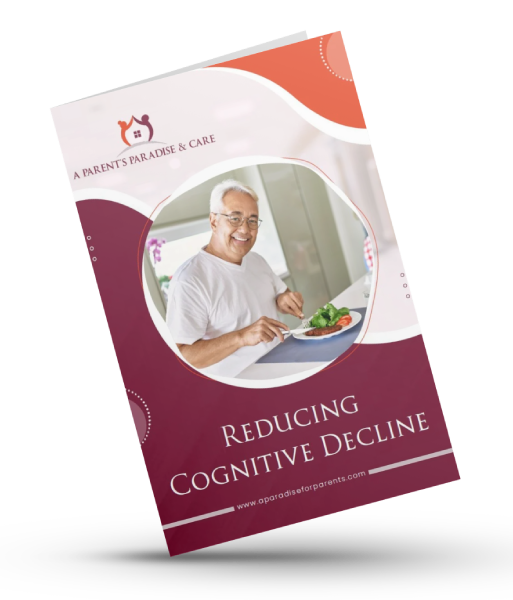Transitional care is an important milestone when the time comes to move your parent or loved one from a hospital to an assisted care facility. A transition to assisted living from the hospital can be particularly traumatic. Your loved one is moving from the constant medical care and attention of a hospital environment to a home that provides assisted care. It is the beginning of a return to a somewhat normal life but they will still need time to adjust to their new surroundings. Here are a few tip for how to smooth the transition to assisted living:
Choose the Right Home
Choosing the right assisted living home for your loved one is the most important part of the transitional care process. The right facility will help make the transition from hospital to home much quicker and smoother. It’s important to discuss with your loved one’s medical team what type of care is needed so that you can ensure the transitional care facility you choose offers all the services your loved one needs to get them back to their regular life as quickly and easily as possible.
Here are the different levels of care that a transitional care facility can offer:
- Personal Care: At this level of care, your loved one can do most daily living activities on their own with little supervision. Your loved one can take medications, eat regularly and well, and look after their own personal hygiene, but may need minor assistance with certain activities.
- Supervisory Care: At this level of care, your loved one needs a bit more supervision. They may need more regular attention and assistance for their own safety and to ensure they take their medications, eat well and look after their personal hygiene.
- Directed Care: This is a higher level of direct care that comes closer to the care you would receive in a hospital. At this level, your loved one may need help with feeding, dressing, washing and taking their medications. A care giver may be with them at all times, directing their daily needs.
Get to Know the Staff
Staff is another important piece of the transitional care plan, as they will be the ones working most closely with your loved one to help them transition from hospital to home. A good staff can show you how to transition elderly parent to assisted living. When researching transitional care facilities, you will want to ensure that the facility has the staff your loved one needs and that you feel comfortable with that staff.
Important staff you need to make contact with are:
- The staff nurse: This is the person who is responsible for the primary nursing care of your loved one. You will be relying on them to contact you with any problems and to keep you informed of any changes. They are also responsible for other junior nursing staff and are a very important part of your loved one’s day to day care.
- The floor manager: The floor manager is an integral part of a successful transition for your parent or loved one. A good floor manager will want to get to know your loved one, what they like, who they may know in the home and of the background of their lives. The floor manager will pass on this information to other staff and will work to make your loved one feel at home in their new surroundings.
- The activities director: This is the person who is in charge of recreation in the assisted care facility. They will want to know what your loved one likes to do, what their interests are and what they do when at home. They will work with you and your loved one to create a plan to help transition your parent or loved one to their new home. This will help them settle in to the facility and routine and make social interaction easier.
What You Can Do in How to Smooth the Transition to Assisted Living
As the person who knows your parent or loved one better than anyone, you are an integral part of their transitional care when going from hospital to home. Outside of making all the necessary arrangements here are a few other things that can make this transition easier for your loved one.
- Furnish their new room with familiar pieces from home.
- Ask the kitchen to prepare some of their favorite dishes.
- See if there are other residents who are similar to your loved one.
- Visit more regularly and ask other family members or friends to do so too.
I hope we’ve answered some of your questions around how to transition elderly parent to assisted living. The transition from the hospital to the home can be difficult and stressful, but with the right care the move can go as smoothly as possible. Good transitional care is vital. Being proactive and prepared will make it an easier transition for everyone.
Source: APFP





